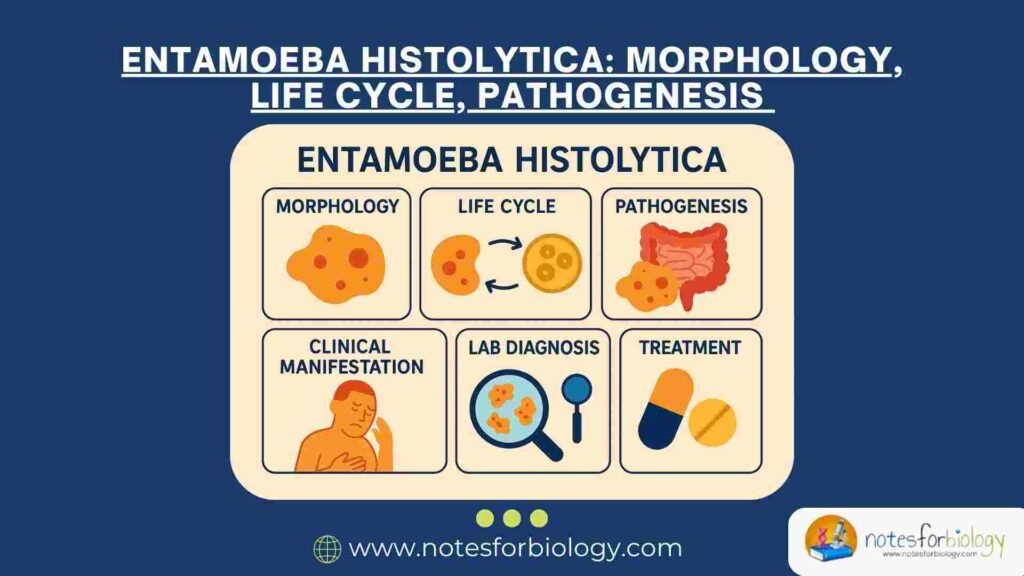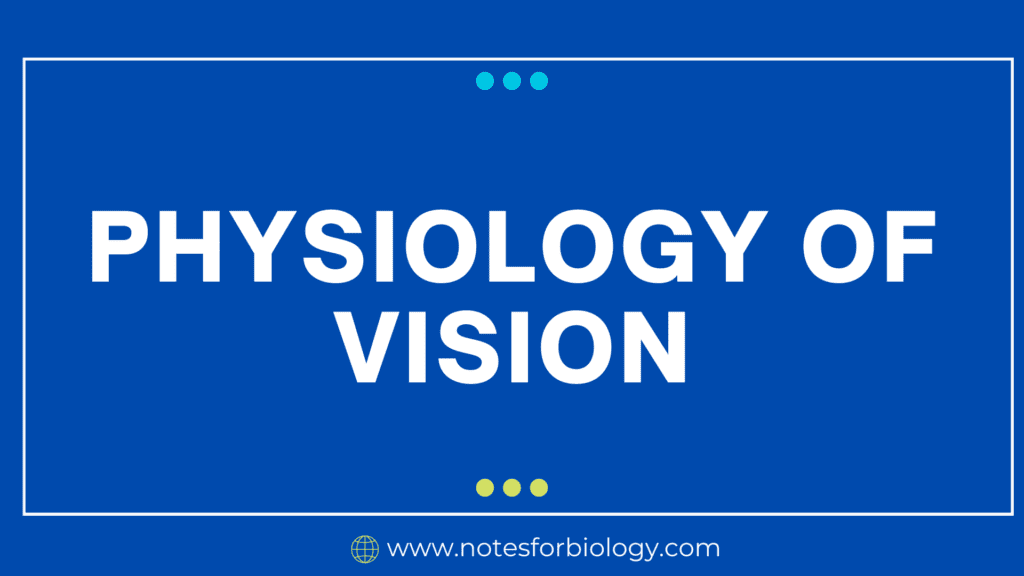What Are Nutrients?
Nutrients are the essential substances in food that our body needs to function, grow, repair itself, and stay healthy. Just like a machine needs oil, fuel, and maintenance, our body needs nutrients to work properly. They are the building blocks of health and without them, our body would slowly stop working as it should.
There are six main types of nutrients, and each has a special role:
- Carbohydrates
- Proteins
- Fats
- Vitamins
- Minerals
- Water
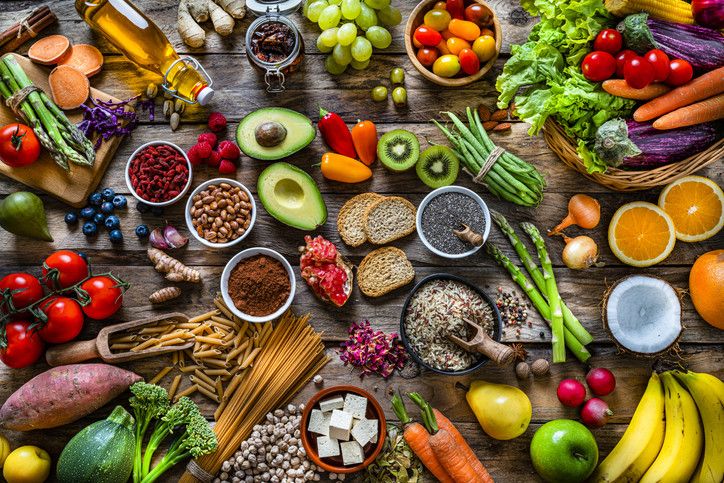
Let’s understand each one in a simple way.
Table of Contents
1. Carbohydrates – The Main Source of Energy
Carbohydrates give us energy to walk, run, think, and even sleep. They are found in foods like rice, bread, pasta, potatoes, and fruits. When we eat them, our body turns them into glucose (sugar), which is used as fuel. If we don’t get enough carbs, we feel weak and tired.
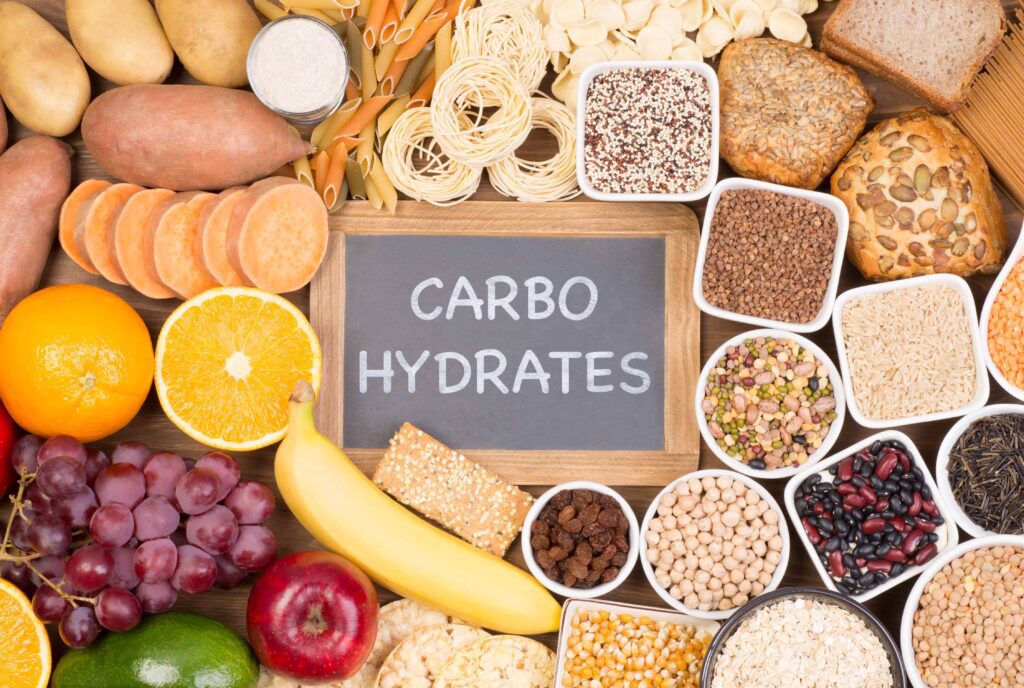
Types of carbohydrates:
- Simple carbs (like sugar): quick energy, but not long-lasting.
- Complex carbs (like whole grains): provide energy slowly and keep us full longer.
2. Proteins – The Body Builders
Proteins help build and repair muscles, tissues, and organs. They are also important for making enzymes, hormones, and antibodies. We need protein to grow and stay strong.
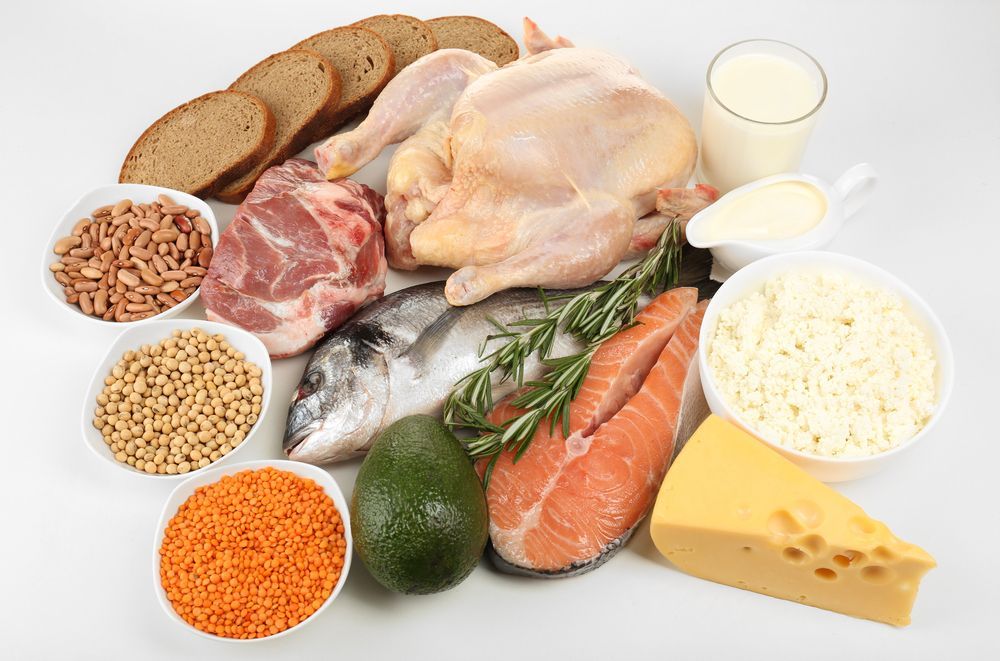
Good sources: Meat, eggs, fish, beans, lentils, milk, cheese, and nuts.
Children, athletes, and people recovering from illness need more protein than others.
3. Fats – The Energy Reserve
Fats often get a bad name, but our body needs them in the right amount. Fats give us more energy than carbs and help in absorbing vitamins like A, D, E, and K. They also keep our skin soft and protect organs.
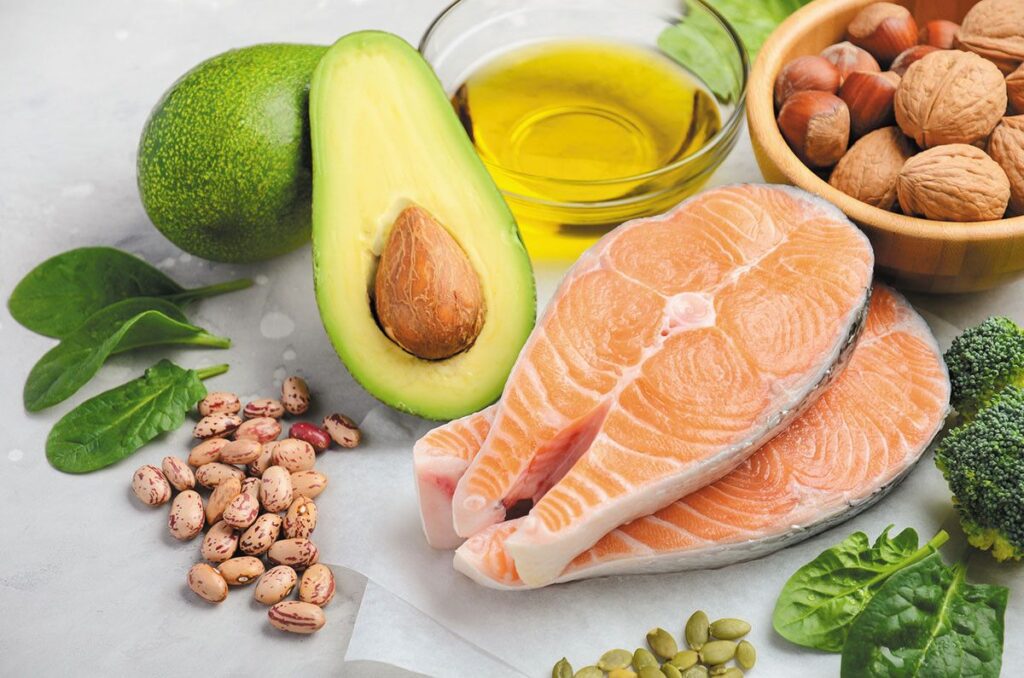
Healthy fats: Found in nuts, seeds, avocados, fish, and olive oil.
Unhealthy fats: Found in fried foods, chips, and processed snacks — these should be limited.
4. Vitamins – The Protectors
Vitamins help the body fight diseases and function properly. Each vitamin has a special role. For example:
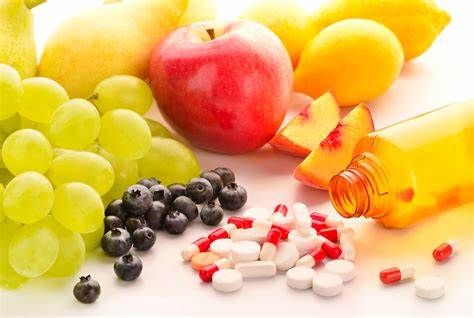
- Vitamin A is good for eyes.
- Vitamin C boosts immunity and heals wounds.
- Vitamin D keeps bones strong.
- Vitamin B group gives us energy and helps in blood formation.
Sources: Fruits, vegetables, milk, eggs, and sunlight (for Vitamin D).
5. Minerals – The Helpers
Minerals are like small tools that help our body do important tasks. For example:
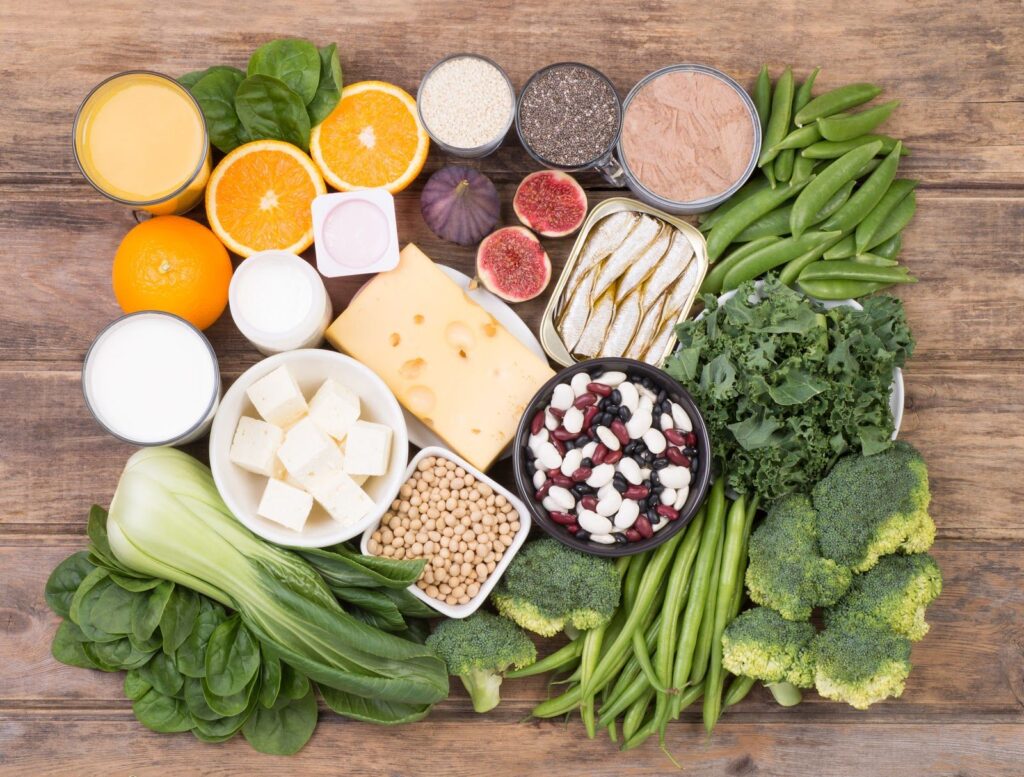
- Iron is needed for making red blood cells.
- Calcium keeps bones and teeth strong.
- Potassium helps muscles and the heart work properly.
Sources: Green leafy vegetables, dairy products, meat, fish, and nuts.
6. Water – The Life Giver
Water is not just a drink; it is a vital nutrient. Our body is made of about 60–70% water. It helps in digestion, keeps our temperature normal, removes waste through urine and sweat, and carries nutrients around the body.
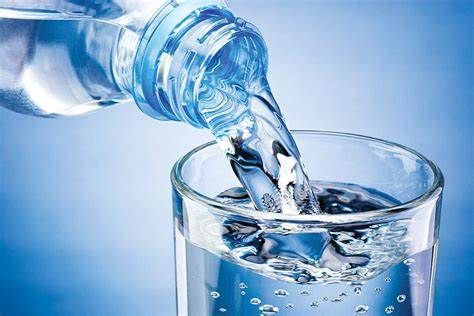
We should drink at least 6 to 8 glasses of water every day.
What is Food?
Food is anything we eat or drink to provide our body with nutrients. It can be natural (like fruits) or processed (like bread). Food keeps us alive, helps us grow, and gives us the energy to do everything from thinking to moving.
Types of food based on their function:
- Energy-giving foods: Like rice, wheat, oils, and sugar.
- Body-building foods: Like milk, eggs, pulses, and meat.
- Protective foods: Like fruits and vegetables rich in vitamins and minerals.
What is a Balanced Diet?
A balanced diet is a meal plan that contains all the nutrients in the right amount, so the body gets everything it needs to stay healthy and active. It means not eating too much of one thing and not missing any essential nutrient.
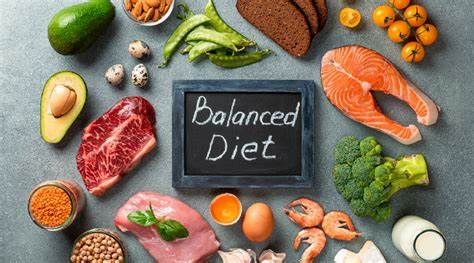
A balanced diet should include:
- Carbohydrates for energy
- Proteins for growth and repair
- Fats for extra energy and warmth
- Vitamins and minerals for protection and regulation
- Water for hydration
- Fiber to help in digestion (from fruits, vegetables, and whole grains)
Why is a Balanced Diet Important?
- It helps in proper growth and development.
- It gives energy to do daily activities.
- It strengthens immunity, protecting us from diseases.
- It keeps our weight under control.
- It ensures mental alertness and emotional stability.
- It helps maintain healthy skin, hair, and organs.
Consequences of Poor Diet
Eating too much junk food or not eating enough healthy food can lead to problems like:
- Malnutrition (underweight or lack of nutrients)
- Obesity (too much fat due to extra calories)
- Weak immunity
- Fatigue and tiredness
- Diseases like diabetes, heart problems, and anemia
How to Maintain a Balanced Diet?
- Eat a variety of foods – different colors and types give different nutrients.
- Include fresh fruits and vegetables – at least 5 servings a day.
- Choose whole grains over refined ones.
- Limit sugar, salt, and unhealthy fats.
- Drink enough water throughout the day.
- Don’t skip meals, especially breakfast.
- Eat moderate portions – not too much, not too little.
- Cook food in a healthy way – boil, steam, bake, or grill instead of frying.
Sample Balanced Meal
Here’s an example of a balanced meal:
- Chapati (wheat) – carbohydrates
- Lentil soup (dal) – proteins
- Cooked spinach – iron and fiber
- Salad (tomato, cucumber, carrot) – vitamins and minerals
- Curd (yogurt) – calcium
- Fruit – natural sugar and vitamins
- Glass of water
Cultural and Regional Influence on Diet
Different parts of the world have different eating habits, but a balanced diet can be made using local and seasonal foods. For example:
- In Nepal or India: rice, dal, vegetables, and curd.
- In Western countries: bread, lean meat, vegetables, and fruits.
The idea is to use local food wisely to make a meal that gives all the essential nutrients.
Conclusion
A healthy life begins with a healthy diet. By understanding nutrients and choosing the right foods in the right amounts, we can give our body what it needs to grow, stay active, and fight diseases. A balanced diet is not about eating less or more, but eating right combining energy, protection, and repair in every meal. Making small, smart choices every day leads to a big improvement in long-term health.
FREQUENTLY ASKED QUESTIONS
What Are Nutrients?
Nutrients are the essential substances in food that our body needs to grow, stay healthy, and work properly. They help give us energy, build and repair body parts, and protect us from diseases. The main types of nutrients are carbohydrates, proteins, fats, vitamins, minerals, and water. Each one has a special role in keeping our body strong and active.
What is Food?
Food is any substance we eat or drink that gives our body the nutrients it needs to live, grow, and stay healthy. It provides energy, helps build and repair body tissues, and protects us from diseases. Food can come from plants (like fruits, vegetables, grains) or animals (like milk, eggs, meat), and it is essential for our survival and well-being.
What is a Balanced Diet?
A balanced diet is a meal that contains all the essential nutrients—carbohydrates, proteins, fats, vitamins, minerals, water, and fiber—in the right amounts to keep the body healthy, active, and strong. It means eating a variety of foods from different food groups every day to give the body everything it needs for energy, growth, repair, and protection from diseases.
Related Articles


